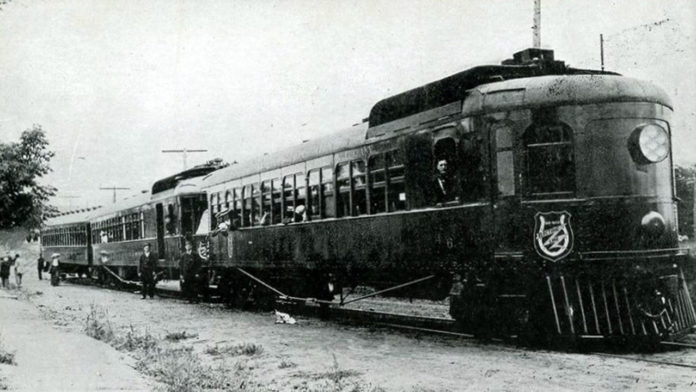EDINA, MINN.- The city of Edina has been polling residents about their interest of having a passenger rail through the city.
Passenger rail has been a moot point within Minnesota politics since the state legislature put a study ban regarding the Dan Patch Corridor in 2002. Ironically, Edina was one of the cities instrumental in putting this ban in place. However, the ban has always related to just state and regional transportation authorities, meaning that cities are free to study and discuss passenger rail projects.
The Dan Patch Corridor is a historic rail line, running between Minneapolis and Northfield from 1910 to 1942. The line is currently owned by Canadian Pacific Railway, which uses the tracks for freight trains rather than passenger rail.
Edina has a group of community engagement forums which will focus on the topic planned for July, 25. According to the event website, two of the questions that local authorities hope to answer is whether residents would support the city’s efforts to have the gag rule removed and if the city should dedicate resources toward a plan to encourage the development of passenger rail. From these public hearings, the Edina Transportation Commission (ETC) will make recommendations to the Edina City Council. The website makes a point that this is not simply another light rail project being discussed (though it could be), but many different rail options some that use existing infrastructure.
Many of these projects have been the result of hopes that the 2017 bonding bill budget would include increased spending toward MN rail projects. For instance, the Minnesota Department of Transportation Rail Office (MN DOT) requested $21 million in bonding for existing and emerging rail. Many of the passenger rail grassroots movements around the state were banking on this increase. In the end, the amount given to the office via bonding was $13 million, meaning that the MN DOT Passenger Rail office will operate on an annual budget of $500,000 for 2018-2019.
An important first step in these projects is a feasibility study. The feasibility study focuses on quantifying the projected ridership, routing options, project costs, and revenue associated with a passenger rail line. Feasibility studies at the local level usually cost between $300,000-$500,000.
The future for funding on these projects may be in line with what the Central MN Passenger Rail Initiative, a Northfield based passenger rail advocacy group, concludes on its website.
“MnRail supporters are now weighing alternative funding sources for the feasibility study including contributions from public entities [and] from private entities (e.g. individuals, businesses and private institutions).”












